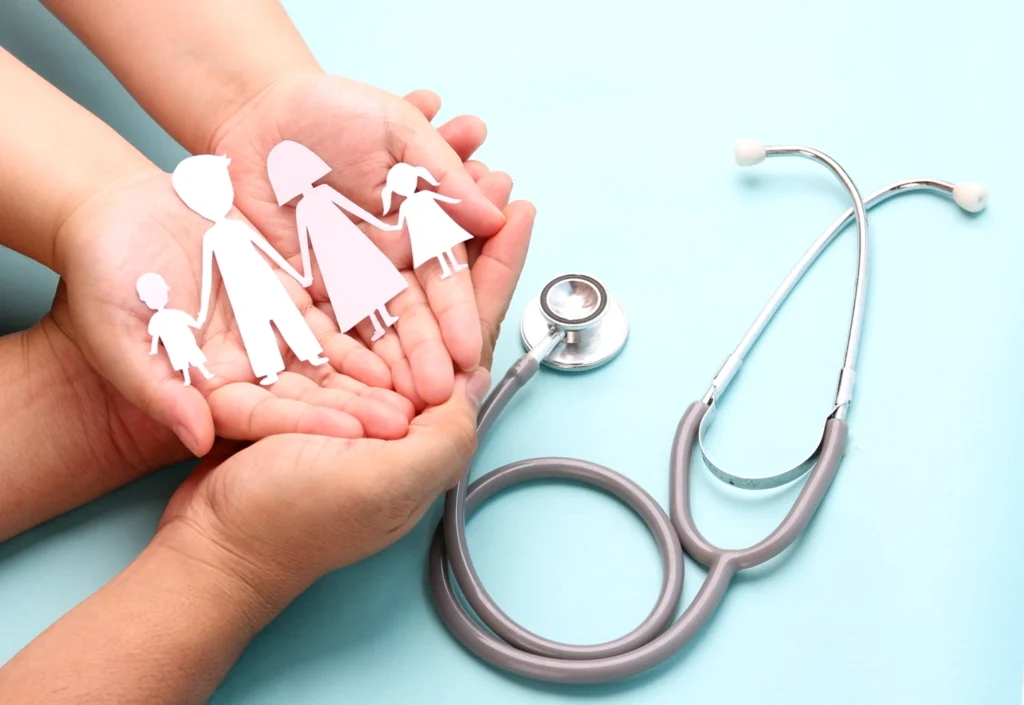Nowadays, everyone needs health insurance to protect themselves and their family from hefty medical expenditures in the case of a medical emergency. With the escalating cost of healthcare in India, having appropriate insurance to assure total financial security in the case of an emergency is vital.
When a policy is acquired, the health insurance company provides the policyholder with a health card. Although it looks to be the same as a conventional debit or credit card, a health card is incredibly useful for making claims. Continue reading to discover some of the most important benefits of acquiring a health insurance card.
Health insurance cards come in helpful when it comes to submitting claims. Here are six of the most important advantages of having a health insurance card on hand when you are hospitalised and a claim arises:
Six Advantages of Having a Health Insurance Card
-
You Can Take Advantage of Cashless Hospitalization
Health insurance cards are only valid if you are hospitalised and get cashless treatment in one of the insurance company’s network hospitals. You must provide your health card when admitted to a network hospital. If you have the card and show it when you are admitted to the hospital, you may start the cashless claim process and have your claim paid quickly and easily.
Your current health insurance plan may also include accident insurance coverage for any accidental claims.
-
You may easily call the insurance company.
In the case of a claim or if you have any issues, your health insurance provider may offer a toll-free hotline number that you may contact. How many of you remember this number, or any other emergency number supplied by your insurance provider? Few do, which is where a health card comes in. The card includes the number for the health insurance company’s emergency hotline. As a consequence, you may confirm the number on the card and inform the insurer of your health insurance claim. The first step in claim settlement is to notify the insurance carrier of the claim, which the health card enables you to do by giving contact information.
-
You may get policy details in a jiffy.
When alerting the insurance company of a claim or filling out a claim form, the policyholder must provide the policy number and customer identification number so that the information can be verified by the health insurance companies. Furthermore, it is vital to understand the insurance’s features and advantages, such as whether or not the policy covers critical sickness coverage, and so on.
Searching for policy paperwork to collect insurance numbers and other data in an emergency may be time-consuming. A Unique Identification Number (UIN) is printed on the health insurance card, which may be used to rapidly get policy information.
-
This card functions as an identification card for cashless treatments.
When a policyholder utilises cashless hospitalisation, the health card also functions as an identification card. By utilising the information on the card and checking it with the ID proof, the hospital ensures the policyholder’s identify and allows him/her to obtain cashless treatments.
-
The Validity Date is specified.
The health insurance card, like the credit or debit card, includes the activation date of the health insurance policy. After the validity period has elapsed, the policyholder must renew the policy and get a new card. As a consequence, the policyholder is better able to pay the policy’s monthly premiums and renew the policy on time to ensure constant coverage.
-
Clarifies the Claim’s Eligibility
The card’s last benefit is that it validates your claim. The hospital may cross-check policy data, your identification, and the validity of your health insurance policies when you present your card for cashless treatments. If everything is in order, the hospital will be able to confirm your claim and authorise cashless treatments. This is also true for any future critical sickness insurance claims that may arise.
READ ALSO : What is Life Insurance Policy?
Given the advantages of the cardholder, you should always carry it with you at all times. You never know when an emergency may arise that will need your hospitalisation. If you have the card, you may show it to the hospital to avoid delays in cashless treatments. Keep the card in your wallet, just like your credit and debit cards, so it may be used at any time. Also, remember to inform your family about the features of your accident and medical insurance policies so that they may be used in an emergency when you are not in a position to act.



1 Comment
Pingback: There are 6 advantages of maintaining a health ...